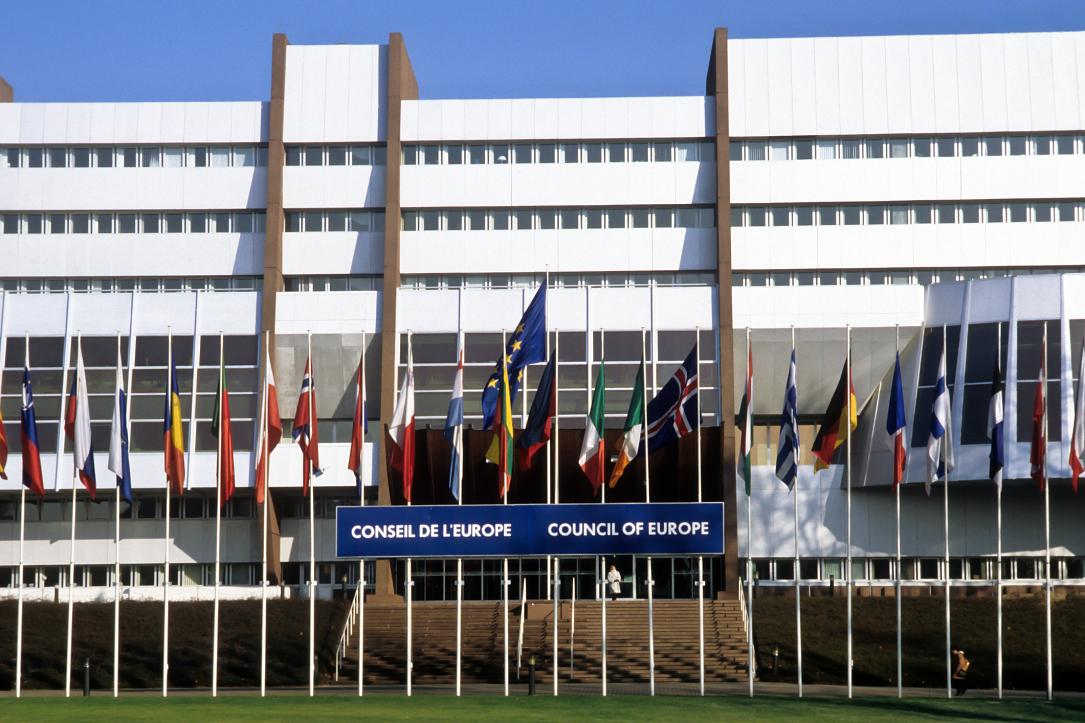Council of Europe calls on Romania to combat money laundering, financing of terrorism



The Council of Europe’s anti-money laundering body, MONEYVAL, recently published a new report calling on the Romanian authorities to further strengthen measures to combat money laundering and the financing of terrorism.
The report provides a comprehensive assessment of the country’s level of compliance with standards set by the Financial Action Task Force (FATF). It highlights that since 2014, when MONEYVAL last evaluated Romania, the country has taken a number of actions to strengthen its legal and institutional framework to tackle money laundering and the financing of terrorism.
MONEYVAL notes that Romania has achieved moderate levels of effectiveness in all areas assessed except for international cooperation, where it has achieved a substantial level of effectiveness and has been commended by other countries for its constructive assistance. It also highlights that the country demonstrates a fair understanding of risks connected to money laundering and, to a lesser degree, of those related to the financing of terrorism.
Nevertheless, the report argues that Romania needs to immediately start implementing mitigating actions that target the highest risks to which the country is exposed. The evaluation found that the authorities have yet to pursue the investigation and prosecution of money laundering as a priority overall.
Additional measures are required to ensure more consistency in investigations and prosecutions as well. While investigations and prosecutions of the laundering of the proceeds of domestic tax crimes and corruption are effectively conducted, investigations and prosecutions of the trafficking of human beings and drugs focus on predicate offenses rather than on the laundering of the proceeds of those crimes.
According to the report, Romania has improved its ability to freeze, seize and confiscate the proceeds and instrumentalities of domestic crime. It actively applies measures for confiscating the criminal proceeds and instrumentalities located in Romania for the most prevalent predicates committed domestically. Otherwise, confiscation is rare.
Romania should also strengthen the capacity of financial investigators to carry out parallel financial investigations, trace assets and pursue asset recovery. Since the 2014 evaluation, Romanian authorities have successfully detected, investigated, prosecuted, and obtained a conviction for only one case involving the financing of terrorism.
There is also a need to assess the risk of abuse of Romania’s non-profit sector for terrorist financing. MONEYVAL finds that Romania has a sound legal framework in place for implementing targeted financial sanctions without delay. However, there are concerns about the implementation of those measures by the private sector and regarding the adequacy of the supervision of compliance with those measures.
Finally, MONEYVAL acknowledges that Romania has taken important steps to prevent the misuse of legal persons, including the development and use of public registers of beneficial ownership and bank accounts. The authorities should develop existing controls to ensure that information held in the registers is accurate and up to date.
Romania is expected to report back to MONEYVAL under the enhanced follow-up reporting process in May 2025.
(Photo source: Konstantinos Papaioannou | Dreamstime.com)